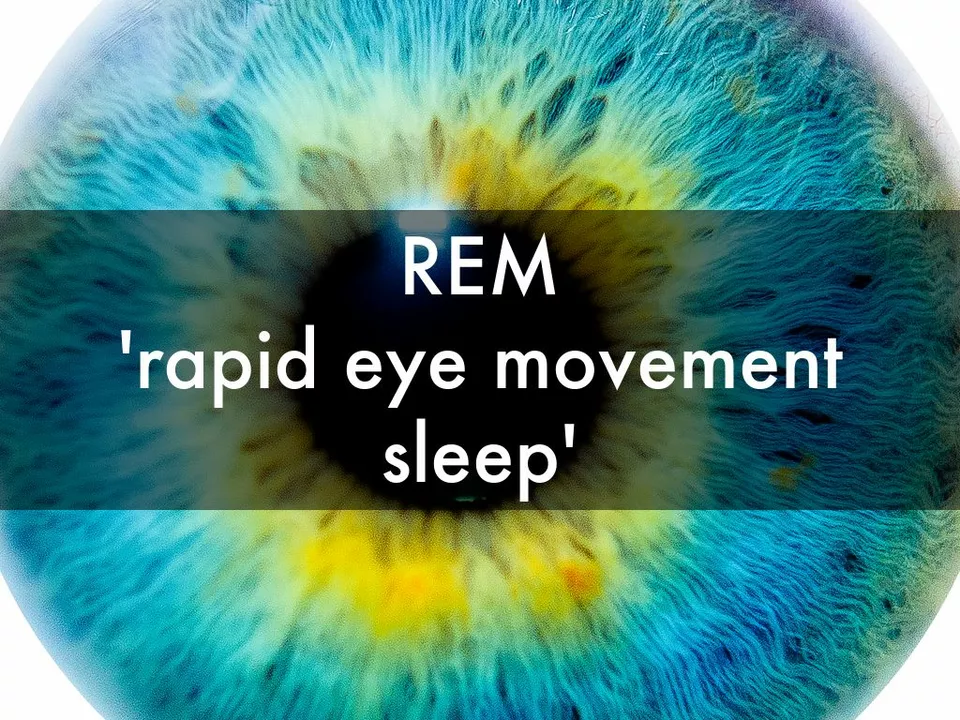Boost Your Cognitive Function – Simple Tips and What Works
If you ever feel foggy in the morning or can’t keep a conversation straight, you’re probably noticing a dip in cognitive function. It’s not just about getting older; stress, sleep loss, and even some medicines can mess with how sharp your mind feels. The good news? Small changes in daily habits can give your brain a noticeable lift.
Everyday habits that sharpen the brain
Start with sleep. Most adults need 7‑9 hours of solid rest. When you cut sleep short, the hippocampus – the part that stores memories – doesn’t get to clean up the day’s junk, and recall suffers. Aim for a consistent bedtime routine: dim lights an hour before bed, avoid screens, and keep the room cool.
Next up, movement. A brisk 30‑minute walk raises blood flow to the cortex, delivering oxygen and nutrients that support focus. You don’t need a marathon; even short bursts of activity every few hours can break up mental fatigue.
Food matters too. Omega‑3 fatty acids from salmon, walnuts, or flaxseed are building blocks for neuron membranes. Pair them with antioxidant‑rich berries to fight oxidative stress that dulls thinking. Stay hydrated – dehydration can drop alertness in as little as 30 minutes.
Stress is a silent cognitive thief. Practice quick breathing drills: inhale for four counts, hold for four, exhale for six. Doing this three times a day lowers cortisol, the hormone that clouds memory.
Medications and supplements that can help
Some prescription drugs directly affect cognition. Antidepressants like Prozac or Cymbalta can improve focus if depression is the root cause. Always talk to a doctor before starting or switching meds – they’ll weigh benefits against side effects.
If you’re looking for over‑the‑counter options, consider modest doses of caffeine paired with L‑theanine (found in green tea). This combo boosts alertness without the jittery crash. For longer‑term support, a daily B‑complex vitamin keeps neurotransmitter production humming.
Remember, supplements are not magic pills. They work best when you already have solid sleep, nutrition, and exercise habits. Mixing multiple stimulants can backfire, so keep an eye on dosage and timing.
Finally, give your brain a break from constant multitasking. Focus on one task for 20‑30 minutes, then pause. This “single‑task” rhythm trains the prefrontal cortex to stay on target longer.
Putting these pieces together – sleep, movement, smart food, stress control, and thoughtful use of meds or supplements – creates a foundation where cognitive function can thrive. You don’t need a complete life overhaul; pick one habit, stick with it for two weeks, then add another. Small steps add up to sharper memory, steadier focus, and more mental stamina for the challenges ahead.
Boron Supplement Benefits for Bones, Brain, and Hormones: Safe Dosages, Food Sources, and Risks
What boron really does for bones, brain, and hormones. Evidence, safe doses, food sources, risks, and a simple plan to use it wisely in 2025.
MoreThe Role of Rapid Eye Movement Sleep in Language Learning and Retention
As a language enthusiast, I've recently delved into the fascinating connection between Rapid Eye Movement (REM) sleep and language learning. It turns out that REM sleep plays a crucial role in consolidating our newly acquired linguistic skills, making it a vital component for effectively learning and retaining a new language. Moreover, studies have shown that the more time we spend in REM sleep, the better our ability to recall and apply these skills. So, it seems that a good night's sleep with ample REM cycles is just as important as regular practice when it comes to mastering a new language. Don't skimp on sleep, fellow language learners!
More

